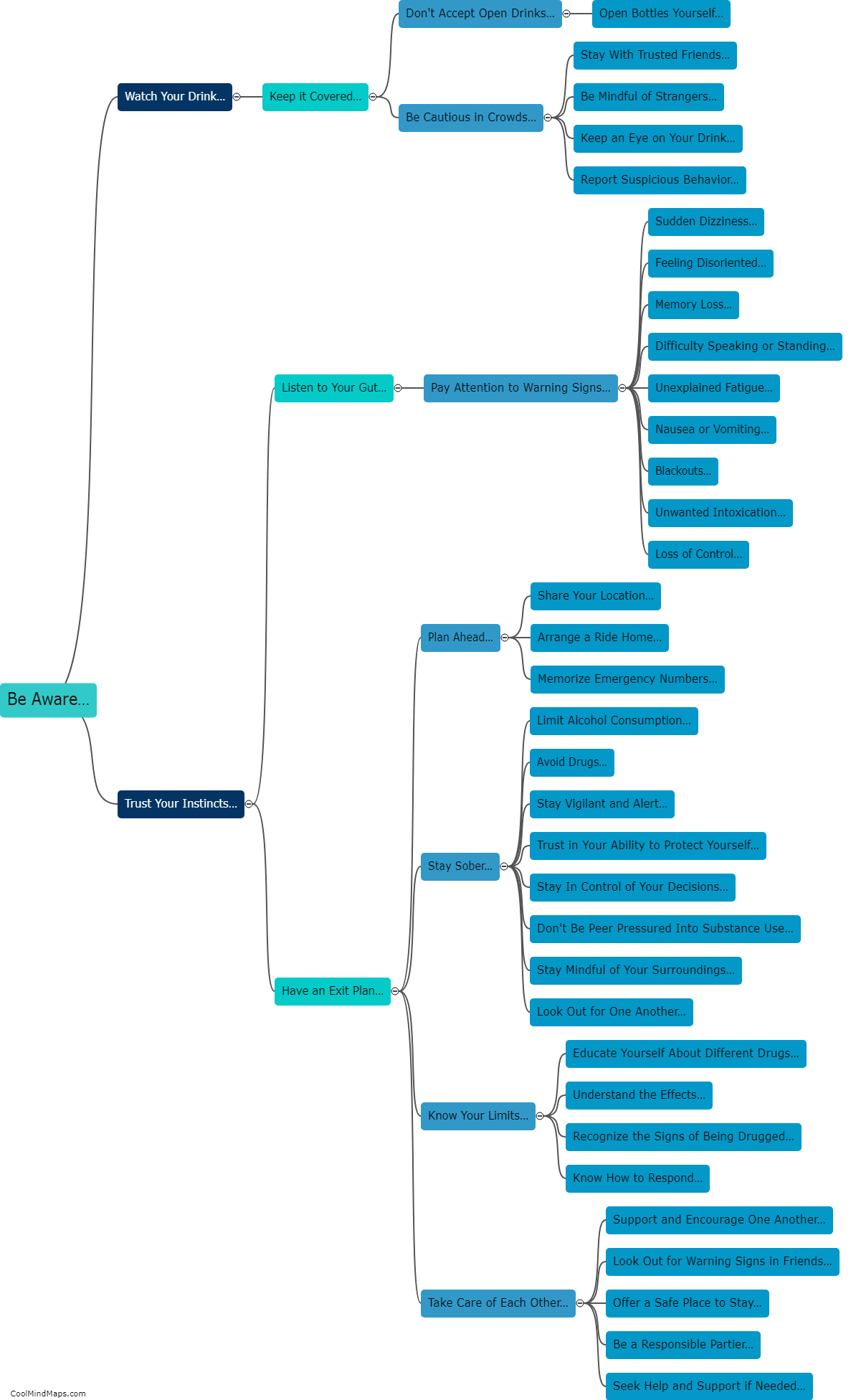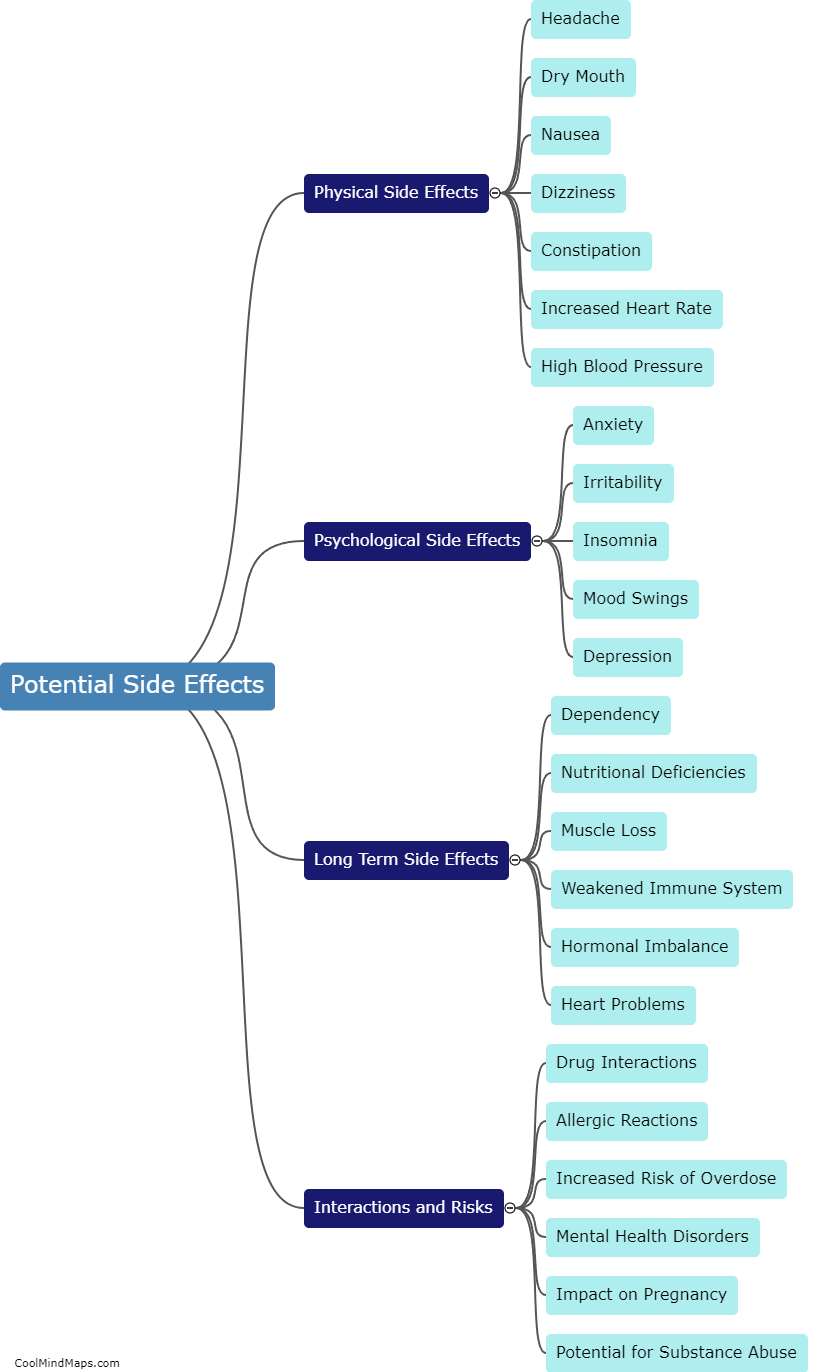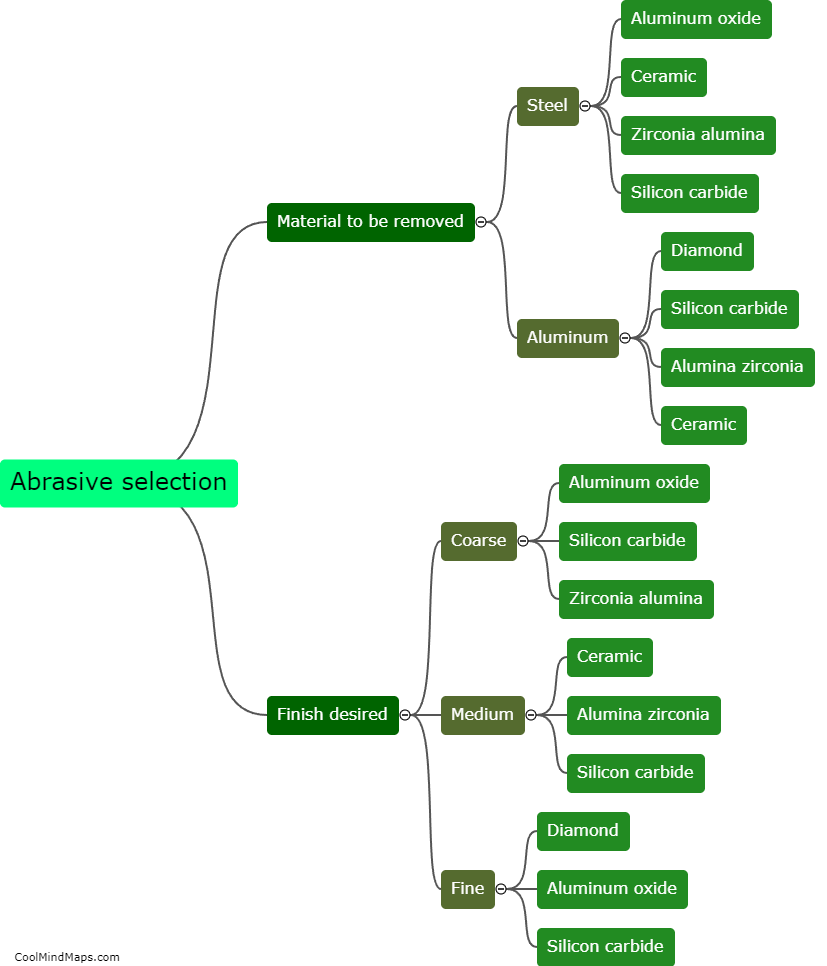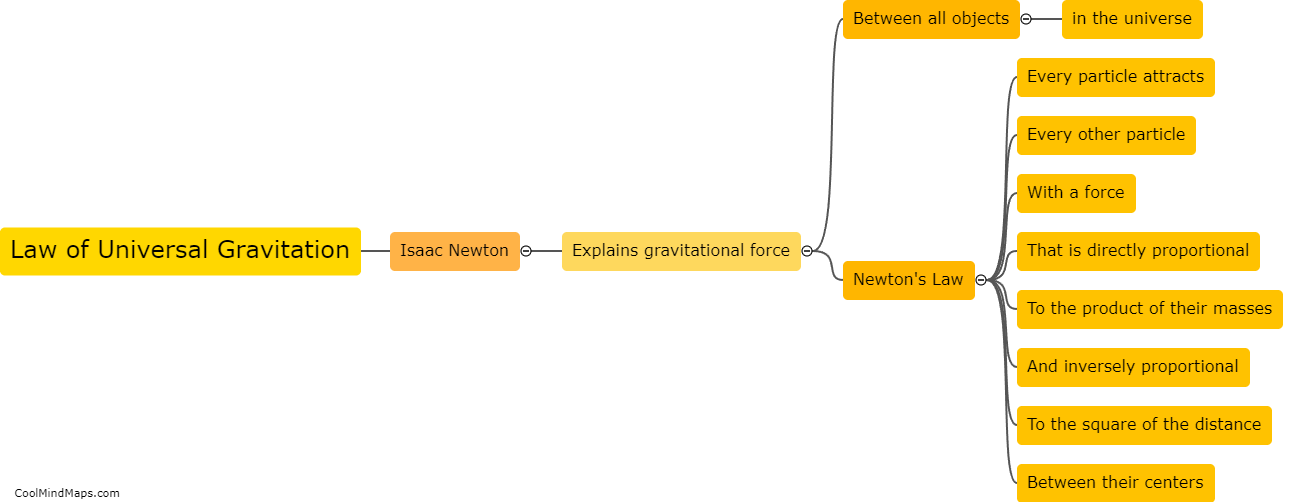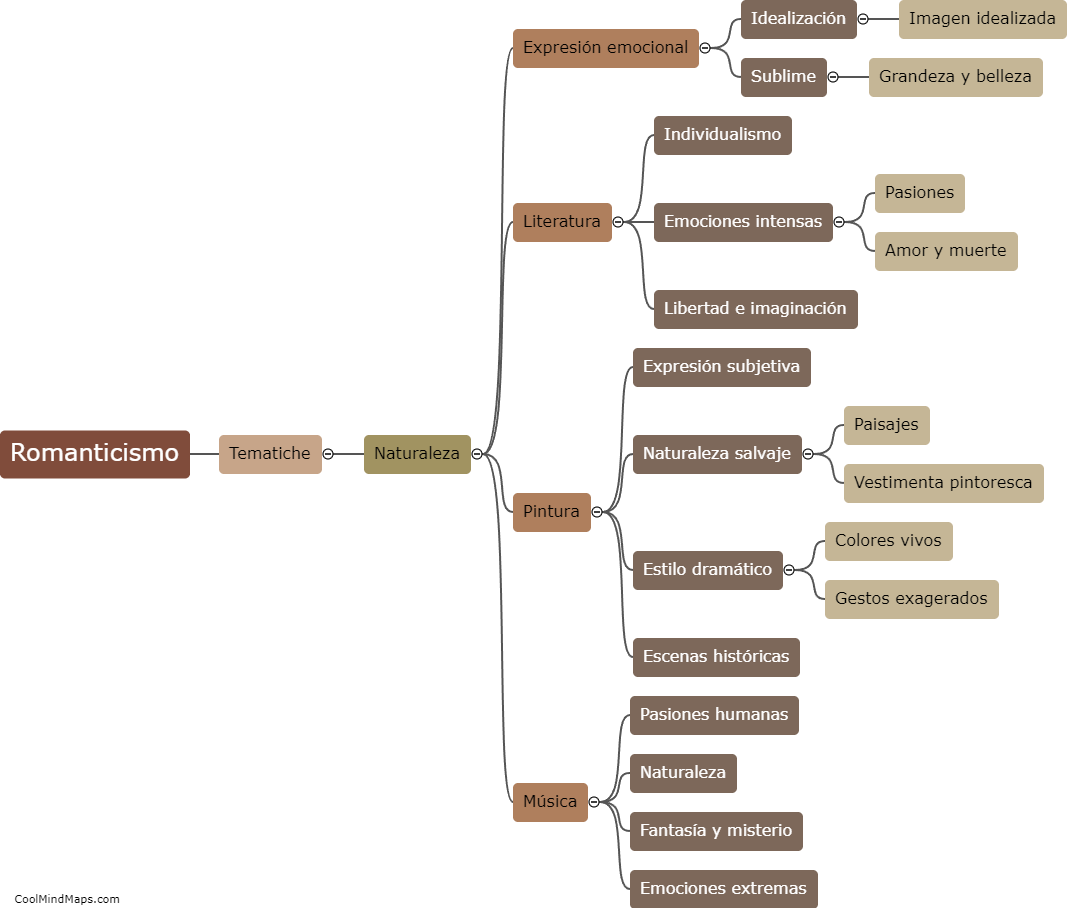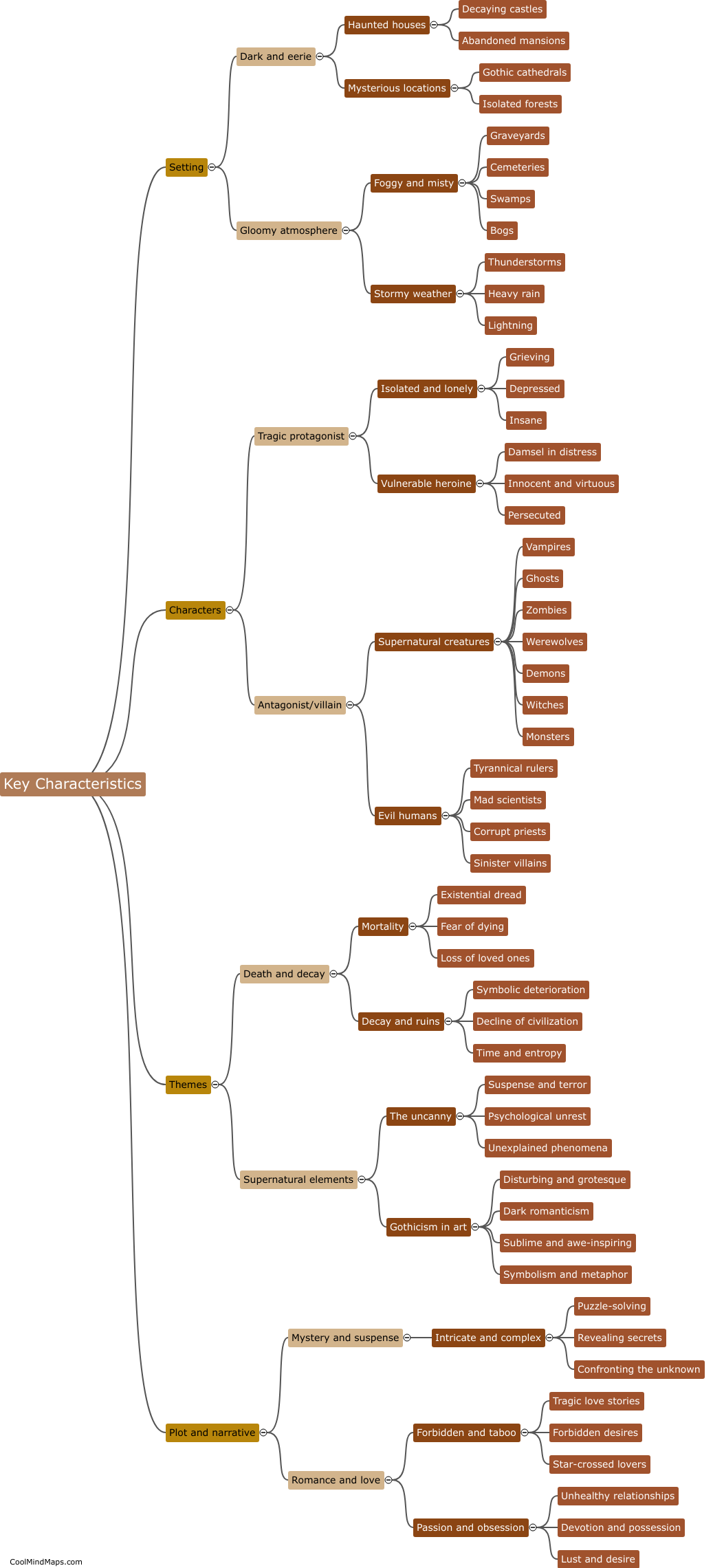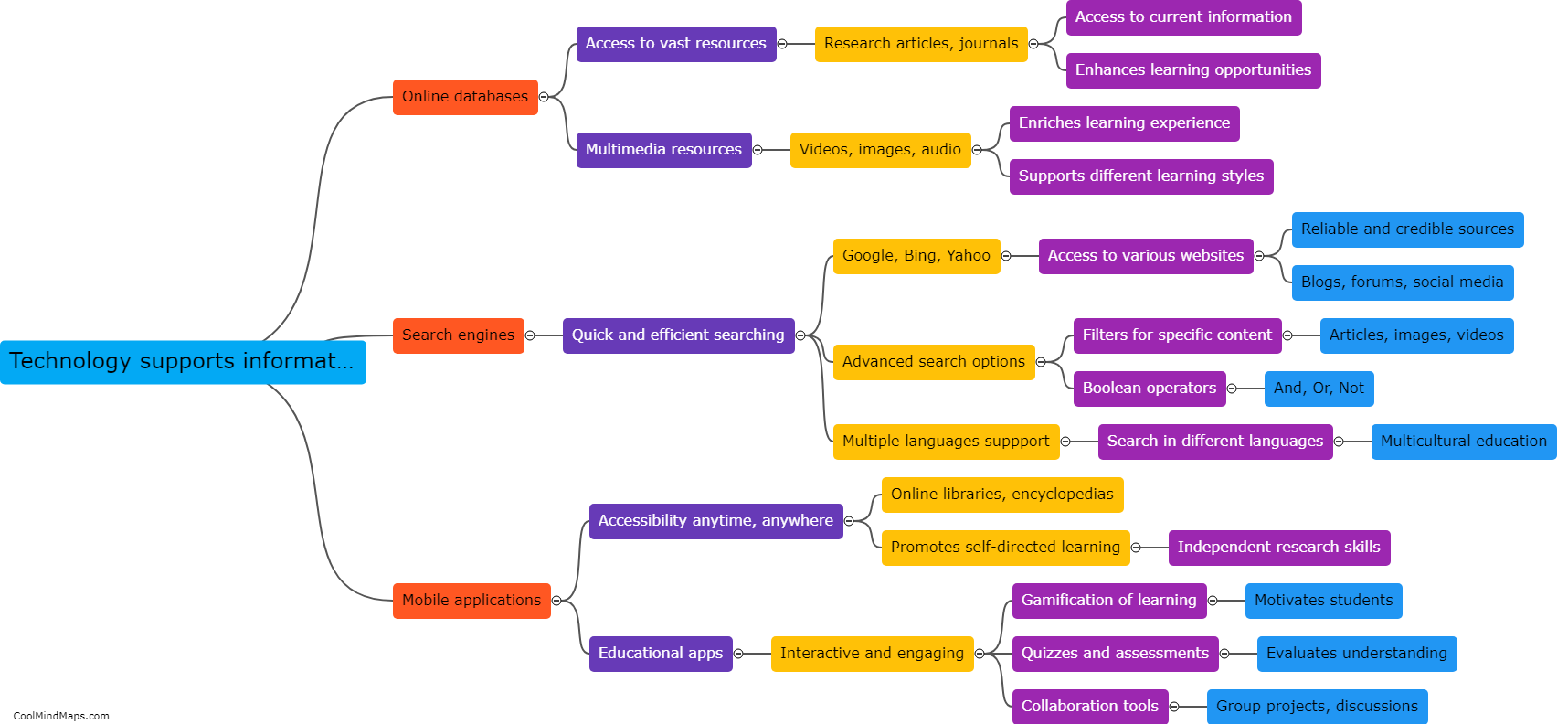Causes of the First World War
The causes of the First World War were complex and multifaceted, involving a combination of political, economic, and social factors. One major underlying cause was the system of alliances that had been formed between European powers in the late 19th and early 20th centuries, creating a delicate balance of power. These alliances, particularly the Triple Entente and the Triple Alliance, created a sense of tension among nations and a fear of being marginalized or attacked. Imperialism also played a significant role, as the competition for colonies and economic resources intensified rivalries and heightened nationalistic sentiments. Additionally, the arms race and development of new military technologies further fueled the likelihood of conflict. Finally, the assassination of Archduke Franz Ferdinand of Austria-Hungary by a Serbian nationalist in June 1914 was the spark that ignited the war, as it led to a complex web of alliances and counter-alliances being triggered. Overall, these various factors combined to create a volatile environment that eventually resulted in the outbreak of the First World War.
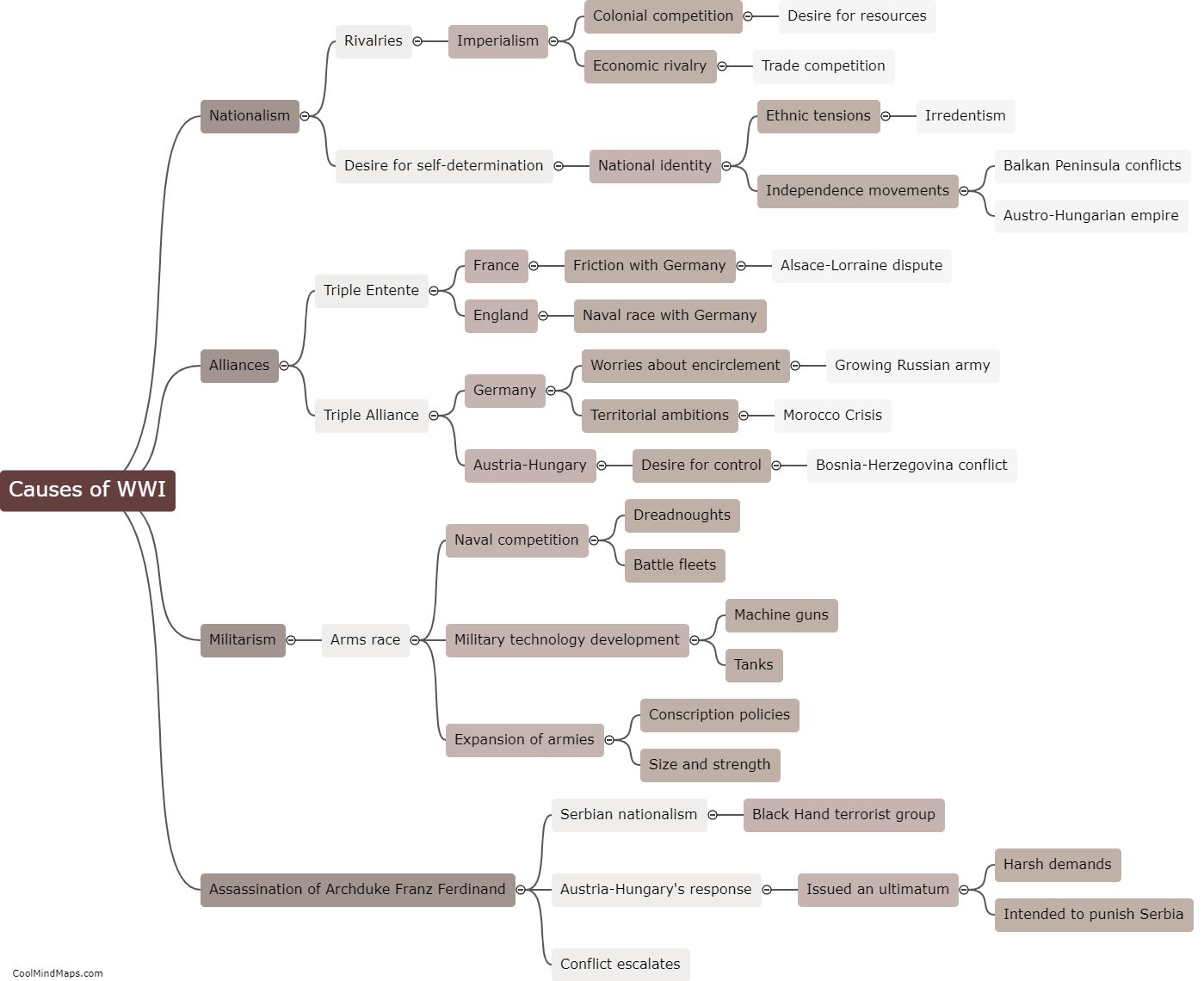
This mind map was published on 26 September 2023 and has been viewed 151 times.

